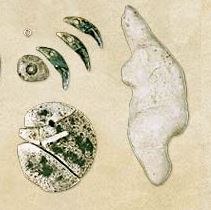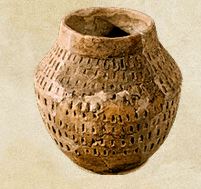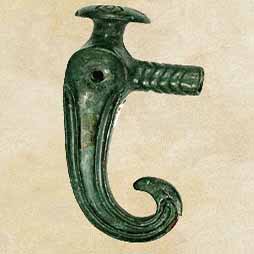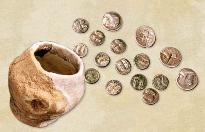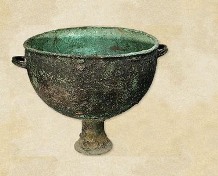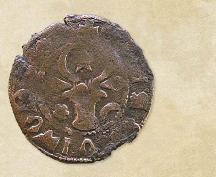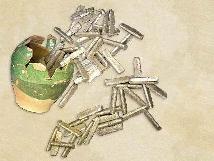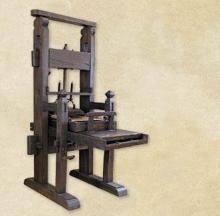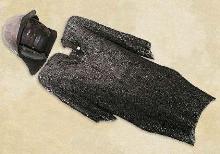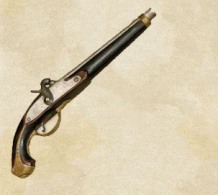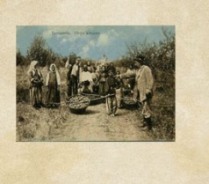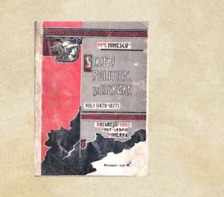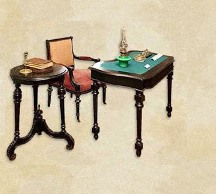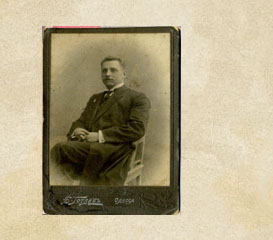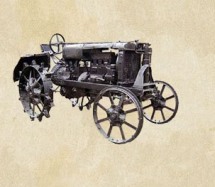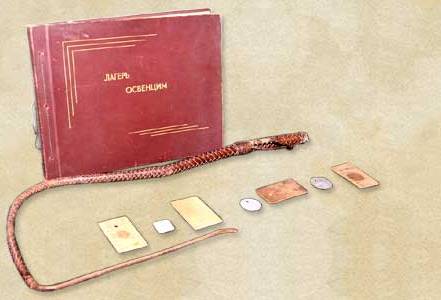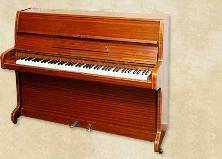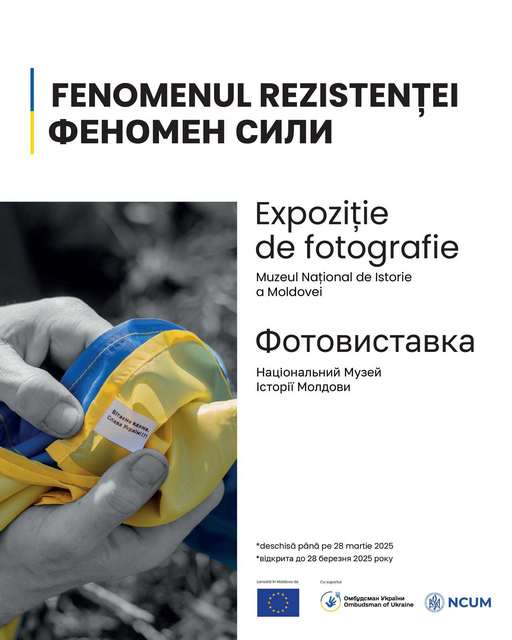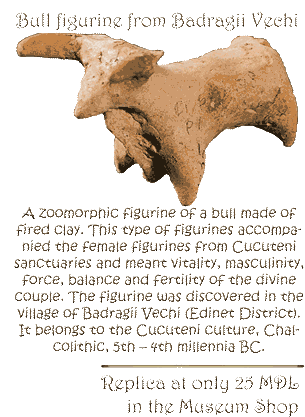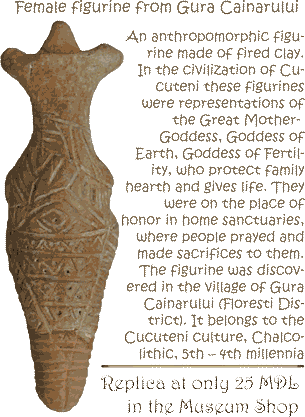>>>

The artifact is a battle axe made from magmatic rock (diabase) of gray-brown color. It was accidentally discovered in 1966 within the territory of Aluniș village, Rîșcani district. Based on its morphological characteristics, the artifact can be attributed to the Catacomb culture (29th-22nd centuries BCE).
The axe features a massive, elongated naviform body with slightly pronounced shoulders, a short and narrow edge that is flat and circular in cross-section. The blade is slightly curved. The hole was drilled in the maximum width of the object. It is circular in shape with a diameter of 2.2 cm. The surface of the artifact is meticulously polished, worked with great care, and shows no signs of damage or chipping.
Dimensions: Length: 20.0 cm; Maximum width: 8.4 cm; Edge diameter: 5.0 cm; Blade width: 7.0 cm; Weight: 2.3 kg.
Stone battle axes are characteristic of the Catacomb culture communities and are most often found as grave goods, deposited in tombs. Their presence in funerary complexes suggests a multifaceted functionality: weapons, social symbols, and ritual objects. Initially used as weapons, the axes became social symbols for their owners, later acquiring votive significance when deposited in tombs to serve the deceased in the afterlife.
The social symbolic function of stone battle axes is indicated by the high-quality rocks used for their manufacture and the exceptionally meticulous craftsmanship. The large dimensions of the axe from Aluniș support this hypothesis and distinguish it from other examples.
The discovery of stone battle axes outside a funerary complex may indicate their votive deposition. It is difficult to imagine that these exceptionally well-crafted pieces, made from high-quality rocks transported over great distances, could have been abandoned or lost accidentally. It is far more likely that they were deposited for magical-religious purposes, a possibility that may also apply to the stone axe discovered at Aluniș.











 31 August 1989 St., 121 A, MD 2012, Chisinau, Republic of Moldova
31 August 1989 St., 121 A, MD 2012, Chisinau, Republic of Moldova

















